Erasmus+ is the EU programme for education, training, youth and sport
Opportunities for over 4MM participants to study, train, gain experience, and volunteer abroad.
Erasmus+ is the European Union programme for education, training, youth and sport. It has been runing for seven years, from 2014 to 2020, with organisations invited to apply for funding each year to undertake creative educational activities within their projects.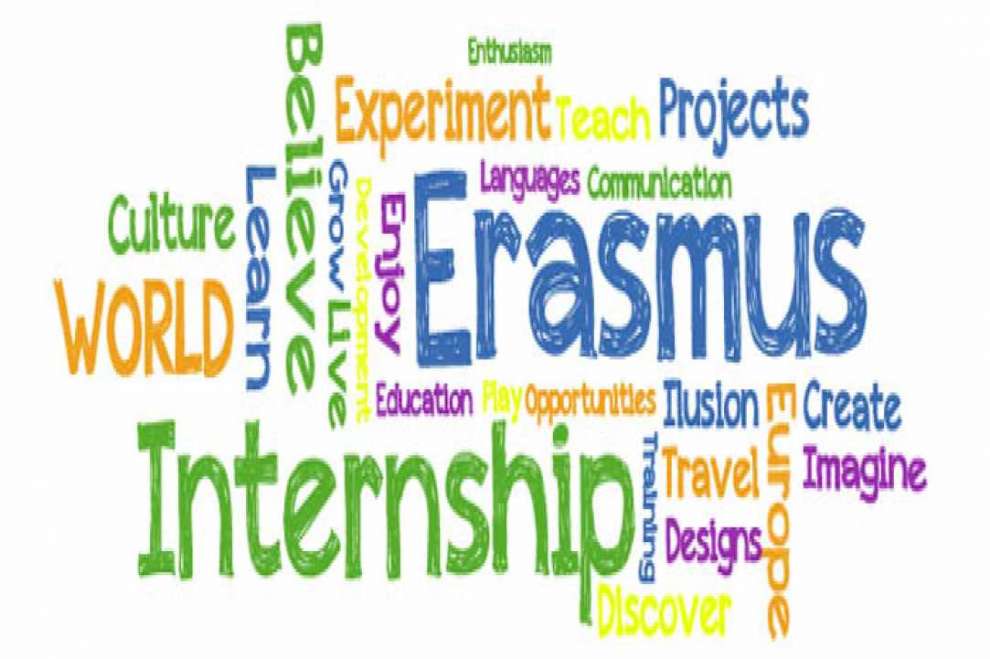
Specifically, Erasmus+ offers funding opportunities for:
• Mobility of people from all fields to other participating countries in the Programme aiming at Education, Training, Volunteering and Youth Exchange
• Cooperation between institutions/organisations/youth centres and other relevant organisations from the countries participating in the Programme aiming at innovation and the exchange of good practices
• Actions aiming at the support for policy reform in fields of interest of the Programme
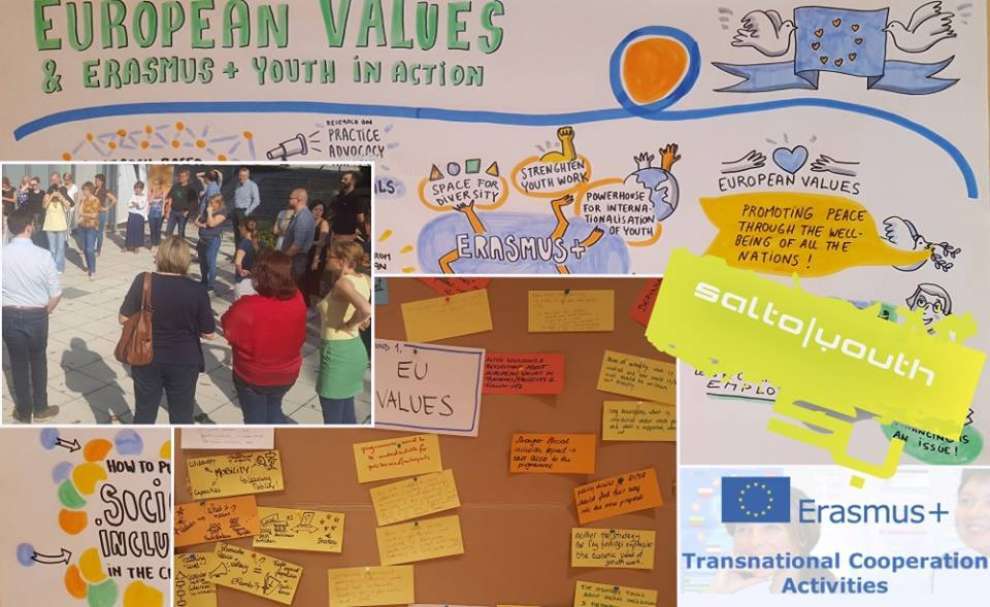
Erasmus+ aims to modernise education, training and youth work across Europe. It is open to school education, higher education, Vocational Education and Training, adult education and the youth sector. It offers exciting opportunities to study, work, volunteer, teach and train abroad under its three Key Actions, Sports Actions and Jean Monnet Activities.
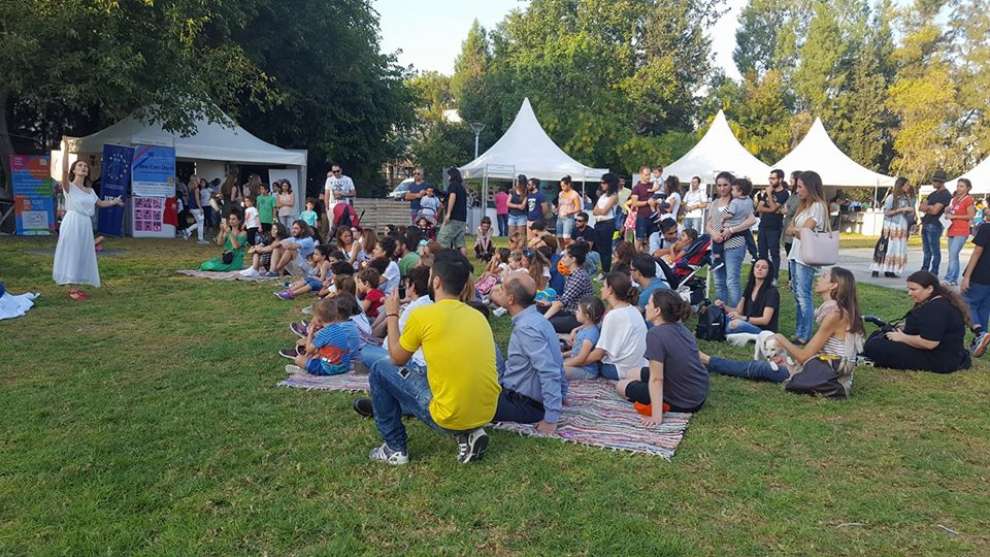
Key Action - Learning Mobility of Individuals:
Key Action 1 aims at bringing positive and long-lasting effects on the participants and participating organisations involved.
It mainly supports the mobility of individuals through projects funded at organisation level. The mobility of the individuals can take place, depending on the action to and from Programme Countries as well as to and from Partner Countries. Key Action 1 supports Mobility Projects in the sectors of Education & Training and Youth, which are run by the National Agencies of Cyprus, i.e. The Foundation for the Management of European Lifelong Learning Programmes and Youth Board Cyprus. The Action also supports Centralised Actions, which are run by the Executive Agency of Education Audiovisual and Culture of the European Commission (EACEA) in Brussels.
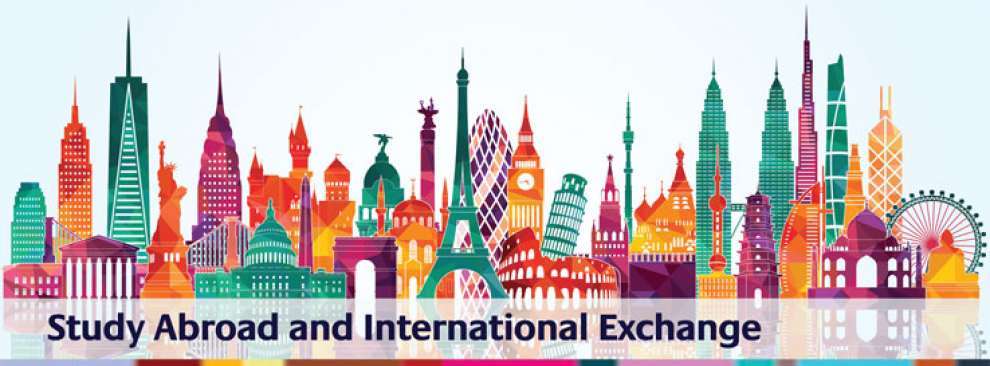
Key Action 2 - Cooperation for Innovation and Exchange of Good Practices:
Key Action 2 supports cooperation projects that aim at the development, transfer and/or application of innovating practices at the level of organisations but also at a local, regional and national level. The aim of this action is to modernise educational and training systems and respond to the challenges faced within these fields. This Action funds projects of a group of organisations/institutions in the various Programme Countries, which allow their participants to deal with topics of common interest and exchange innovative practices. It is possible for organisations from Partner Countries to participate in KA2 projects if they give added value to the project. The decentralised action supported within Key Action 2 is Strategic Partnerships in the fields of Education & Training and Youth and it is again run by the two National Agencies of Cyprus (The Foundation for the Management of European Lifelong Learning Programmes and Youth Board Cyprus). Key Action 2 also supports Centralised Actions, which are run by the EACEA.
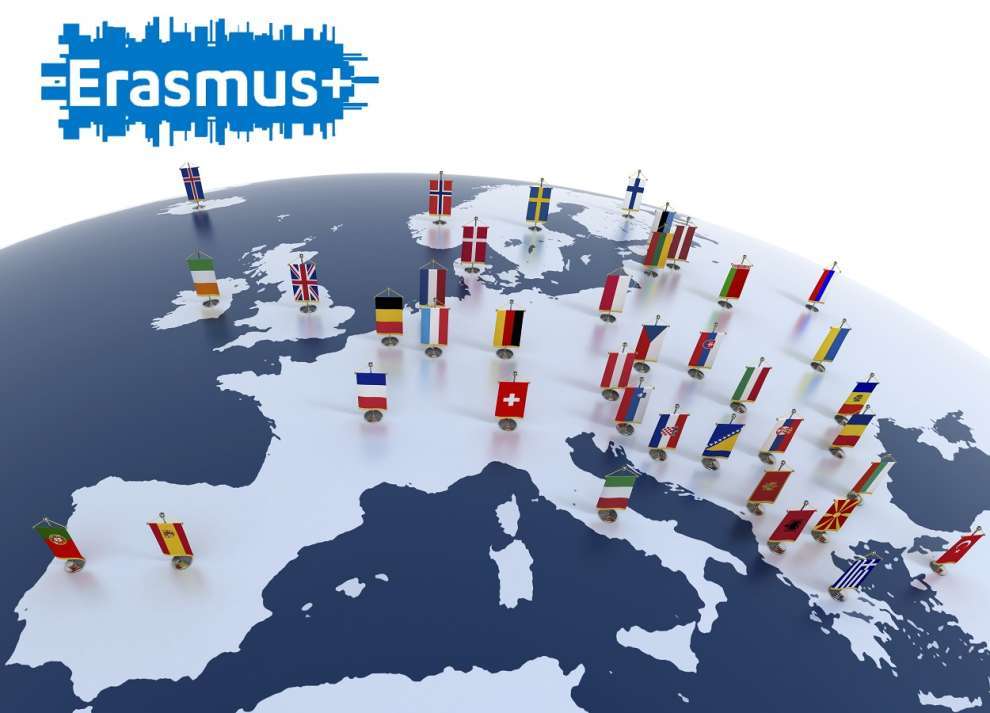
Key Action 3 – Support for Policy Reform:
Key Action 3 supports the promotion of European Policies’ objectives (such as the Europe 2020 Strategy and the European Youth Strategy). The decentralised action supported in the frame of Key Action 3 includes national or international meetings between young people and decision makers in the youth field, based on the Structured Dialogue process. This Action is run by the Youth Board Cyprus.
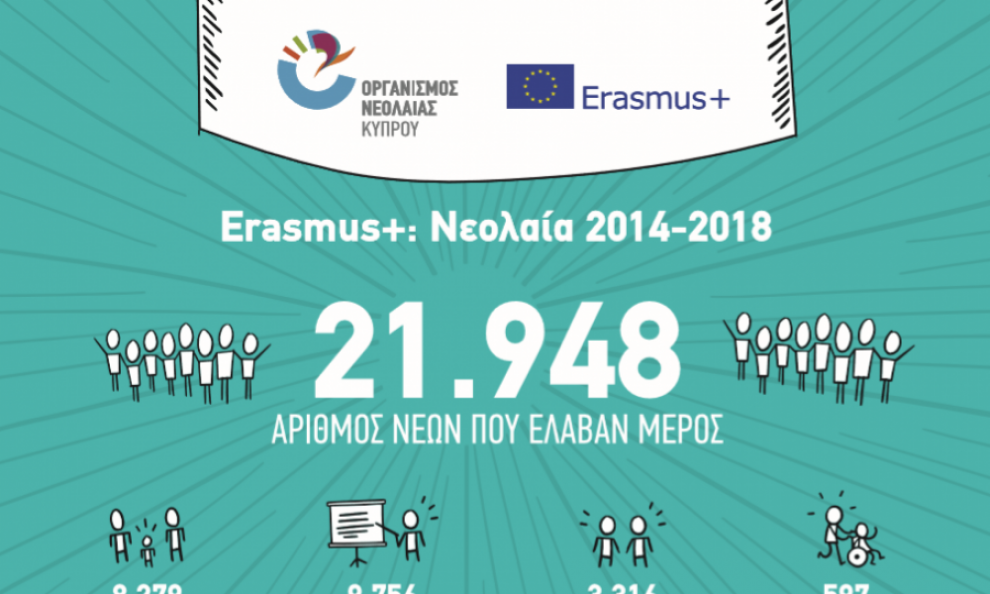
Jean Monnet Activities:
Jean Monnet Activities consist of six Actions run on a Central level that aim to promote excellence in teaching and research on EU studies around the world. The Actions are also designed to foster dialogue between academic and policy-makers on EU policies.
There is also a specific emphasis on EU integration and the role of the EU in a globalised world, as well as promoting active citizenship and dialogue between people and cultures.
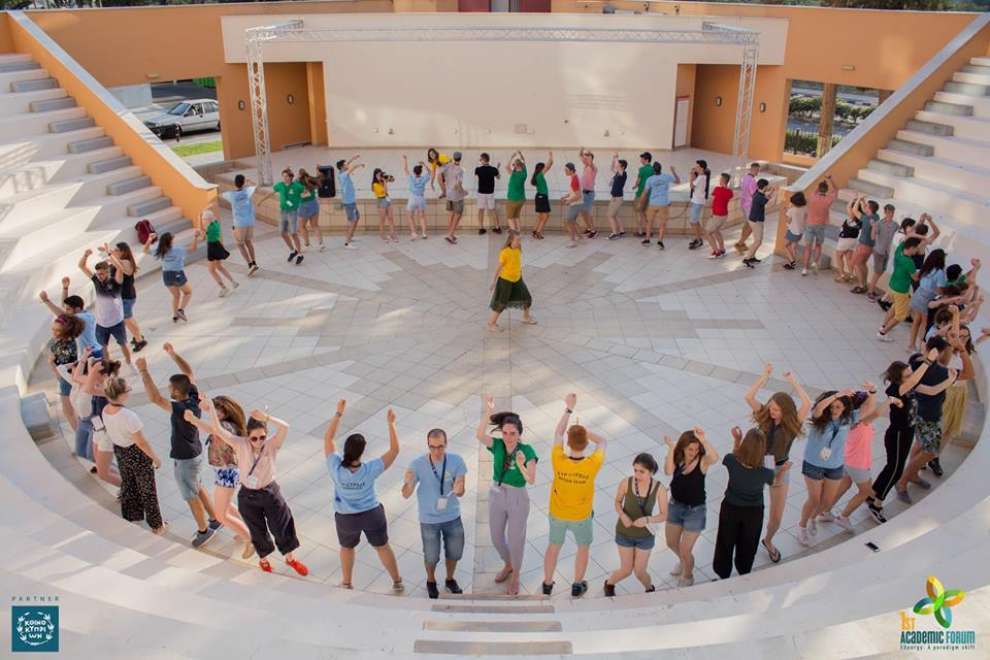
Sport Actions:
Actions in the field of sport are designed to promote participation in sport, physical activity, and voluntary activities. They are also designed to tackle threats to the integrity of sport, promote dual careers for athletes, improve good governance, and foster tolerance and social inclusion, as well as contribute to the implementation of the European Week of Sport.
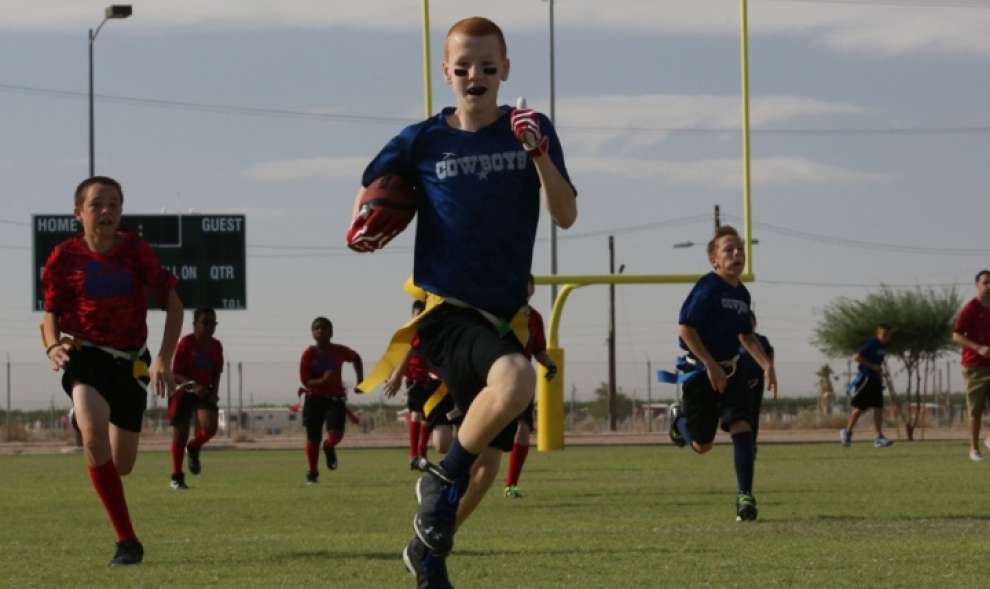
Erasmus+ in Cyprus:
The Programme is managed by two National Agencies in Cyprus. The Foundation of European Lifelong Learning Programmes manages Key Action 1 and Key Action 2 for the Education and Training Sectors (i.e. School Education, Vocational Education and Training, Higher Education and Adult Education) while Youth Board Cyprus manages Key Action 1 and 2 for the sector of Youth.
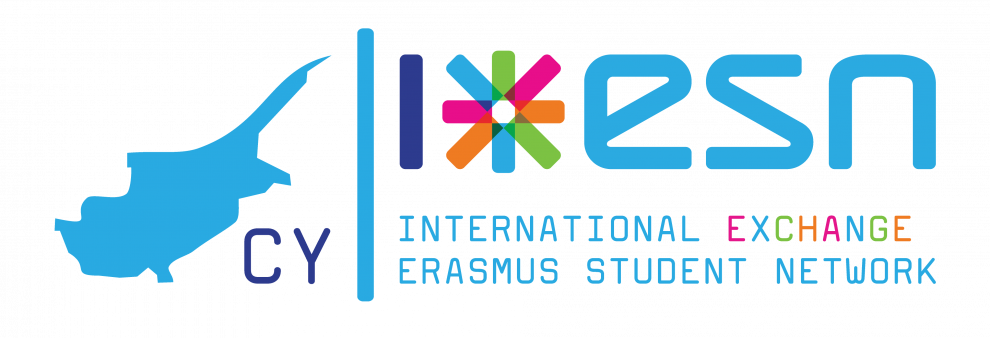
The implementation of the Erasmus+ Programme started in 2014, since the beginning of the Programme. The programme now, has been running for 7 years and hence ends in 2020 when the new Programme shall be launched. However, Cyprus participates in the predecessors to the Erasmus+ Education and Training (Socrates, Leonardo da Vinci and Lifelong Learning Programmes) as well as Youth Programmes (Youth in Action Programme), since 1997. The response of the people/organisations in Cyprus is very high as can be seen from the annual budget absorption.
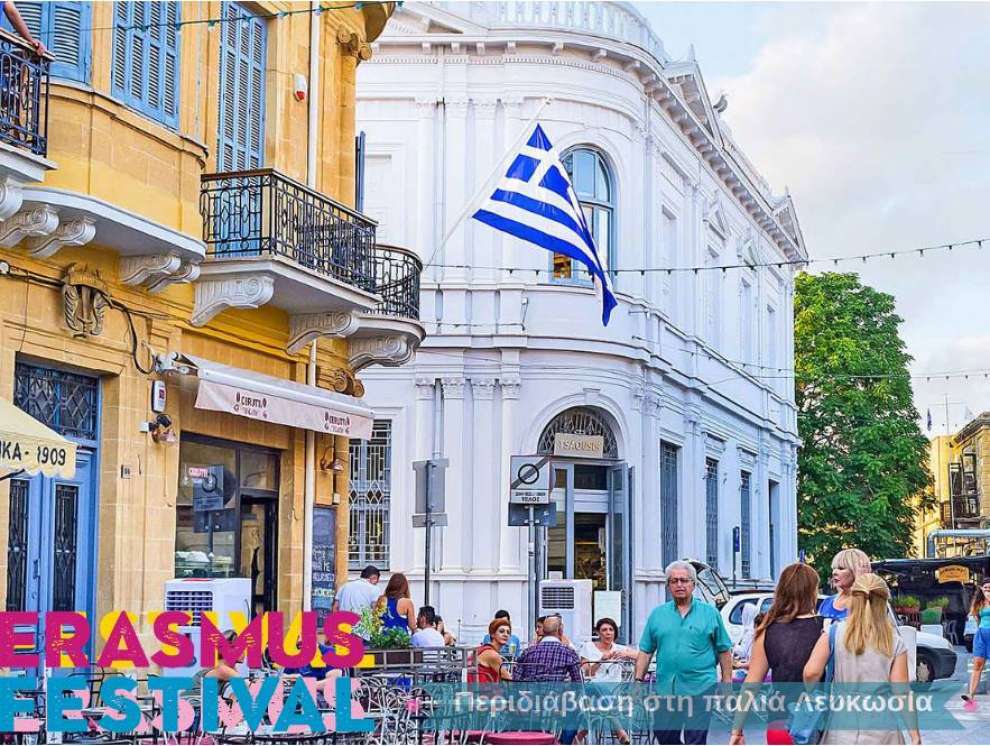
The European Education, Training and Youth Programmes follow the European Programming Periods. Thus the present Erasmus+ Programme will come to an end at the end of 2020. Discussions have already started about its successor Programme for the programming period 2021-2027. According to the EC Proposal it will be called “Erasmus”. For the post 2020 Programming period, a doubling of the budget is foreseen, compared to the budget of the present period. The actions to be supported, although not completely defined yet, are expected to be similar to the ones of the present programme.

 English
English
 Ελληνικά
Ελληνικά Русский
Русский







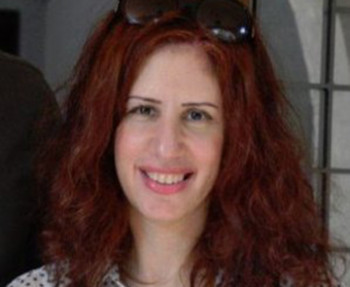 Posted by
Xenia Economidou
Posted by
Xenia Economidou






